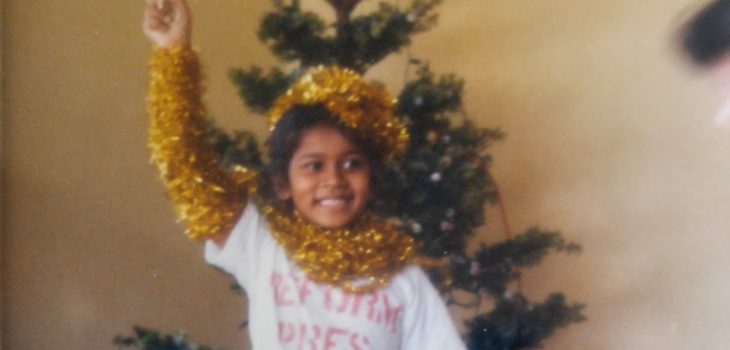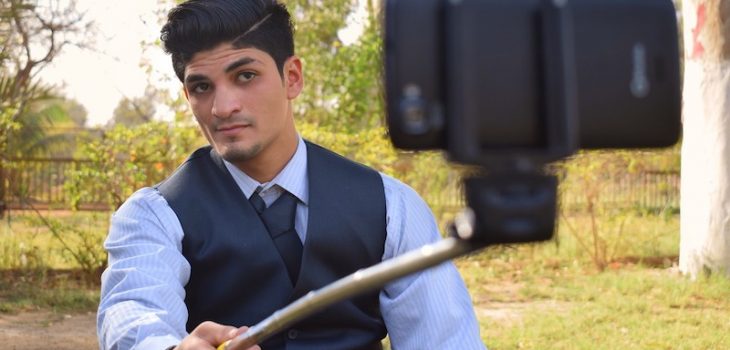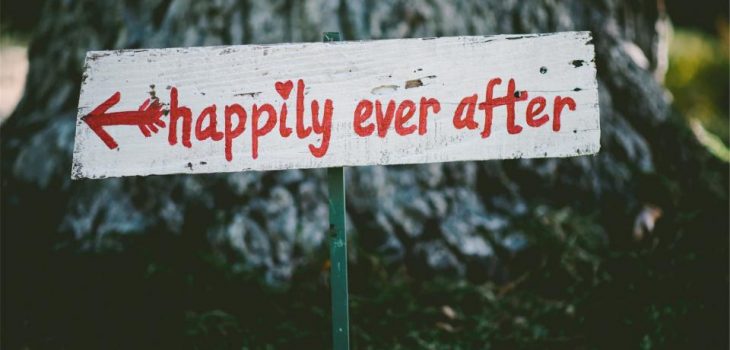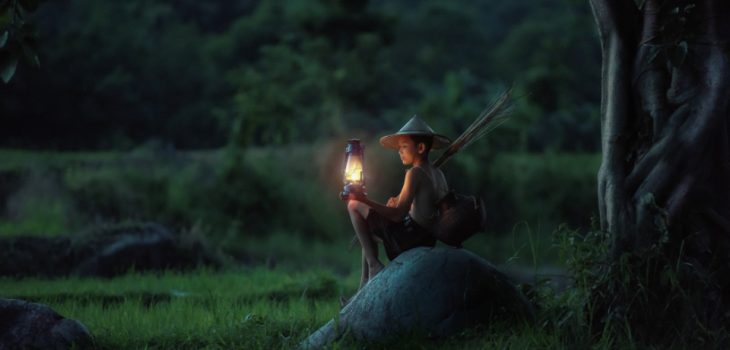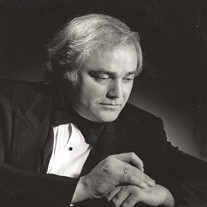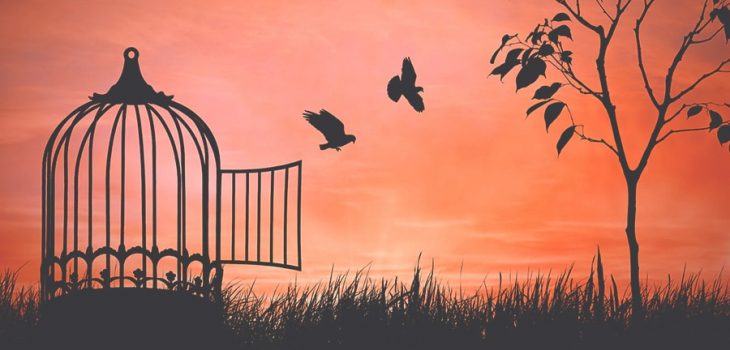 guided mindfulness meditation
guided mindfulness meditation
The Paradox of Freedom
What, really, is enlightenment? The word “meditation” often conjures up images of being in some kind of blissed out state, never to be bothered by another problem again. However, the truth is that enlightenment is quite an everyday experience- a very ordinary joy, kind of like a rudder that steadies the ship as we sail through life. It steadies the heart and prevents us from being tossed around by our preferences.
How can this be achieved? When we are willing to give up on the belief that worldly sources of pleasure will create lasting happiness. Note the word ‘belief’! This definitely doesn’t mean giving up on fun things or enjoying oneself. Whew! Nor do we need to be a hermit in a cave. However, during meditation, when we give up on buying into our thoughts, we practice the art of giving up on the endless parade of mental delights that woo us all day, every day. Now I need to check social media. Now I need a coffee. And a cookie. Now I need my phone. Now I need to get rid of this annoying person. Now I need a new life.
Now I feel stressed because I don’t have any of these things!
Consider the example of deciding to give up cupcakes. The usual momentary feeling when we want a cupcake is suffering- if I don’t have this cupcake right now, nothing else in the world will make me happy. Nothing. Else. Dammit!
But this feeling of lack in the moment that we really, really want something is the perfect moment for a sacred pause. In the long run, does this cupcake really make me happy? We’re not really giving up the cupcake itself. Rather, we’re giving up the belief that the cupcake will bring lasting happiness, as opposed to fully recognizing it as a momentary pleasure, and perhaps deliberately choosing to enjoy it as such.
When we change our habits or overcome our addictions, at least temporarily, we create the space to appreciate the fact that it is something much deeper inside of us, something much more profound, that can afford a sense of lasting happiness and well-being.
Real freedom comes from seeing the truth behind this moment-to-moment masquerade: this feeling that something is missing and grabbing for the thing that we think will bring pleasure. We often run around believing that we need to have something else, do something else, be something else, or be with someone else.
However, when we give up on these false notions of ourselves, this is enlightenment! So, use the thing that you give up (cupcakes?!) as a reminder of this. Real freedom comes from the spiritual discipline of recognizing the nature of reality: the ephemeral quality of many of our desires, and the constant tendency to want things to be different. This awareness then affords us the choice to relinquish these things, and it is completely liberating.
And that’s the paradox of freedom 🙂
Kara Santokie, PhD, is the Executive Director of Real Life Meditation. She teaches mindfulness meditation in Toronto, Canada.
